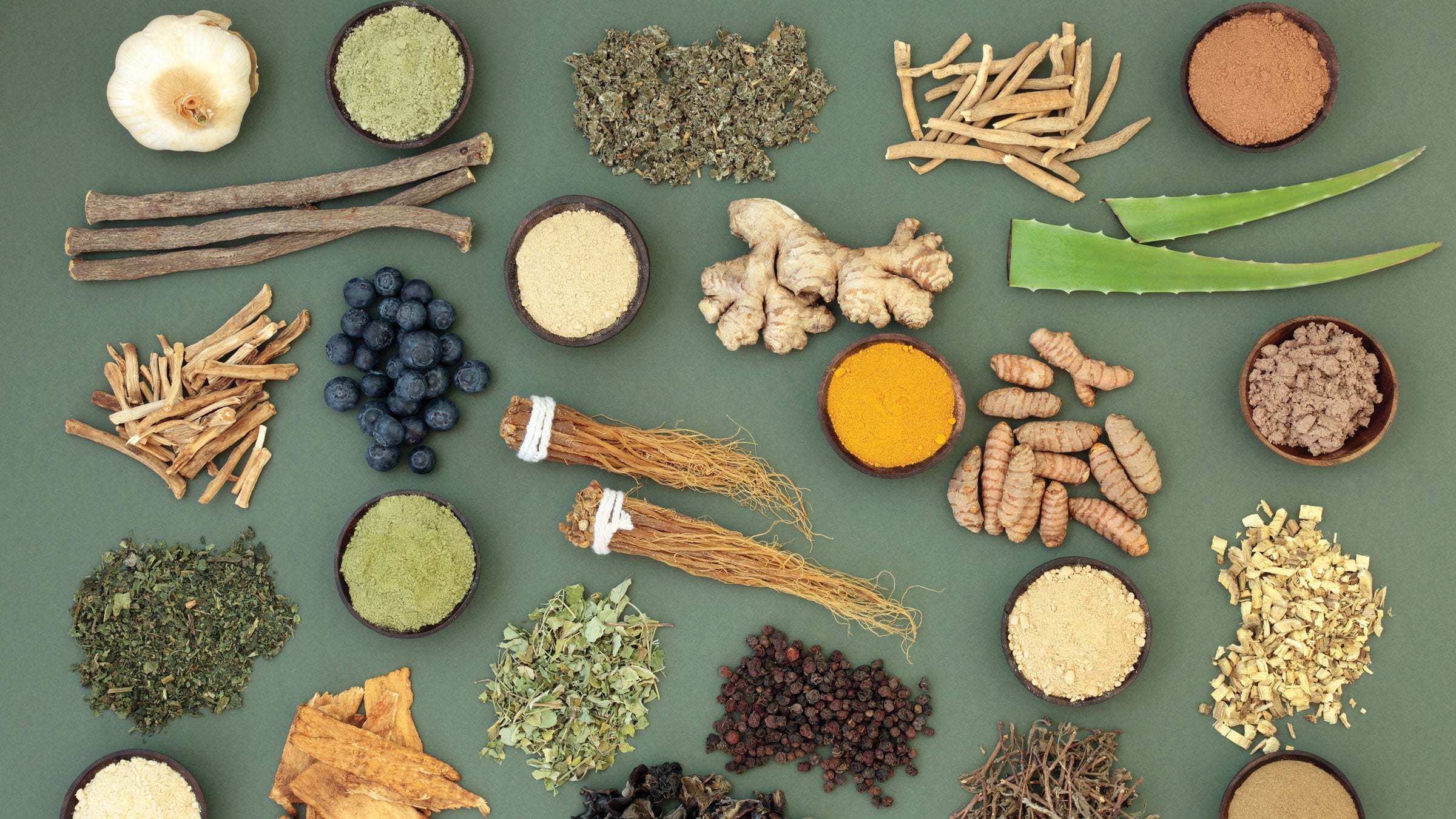Ask Stacy: What Are Adaptogens and How Can They Help My Training?

Adaptogens are substances, typically a plant extract. (Photo: Getty Images)
The term adaptogen comes from Dr. Nikolai Lazarev, a Russian scientist, who first coined it in 1947, but Dr. Israel Brekhman and Dr. I. V. Darymovhe created the formal definition in 1968, with the following criteria:
- An adaptogen is non-toxic to the recipient;
- An adaptogen produces a non-specific response in the body—an increase in the power of resistance against multiple stressors including physical, chemical, or biological agents;
- An adaptogen has a normalizing influence on physiology, irrespective of the direction of change from physiological norms caused by the stressor.
In other words, an adaptogen is a substance, typically a plant extract, that can help the body adapt to stress and promote and/or restore normal physiological functioning. Because plants adapt to harsh environments, there are certain compounds within the plants that, when consumed, mitigate our responses to stress (by actions on the hypothalamus, pituitary, and adrenal glands).
So how do they work? When we face a stressor, whether physical or mental, our bodies go through what’s called general adaptation syndrome (GAS). GAS is a three-stage response: alarm, resistance, and exhaustion. Adaptogens help us stay in the resistance phase longer, via a stimulating effect that holds off the exhaustion. Instead of crashing in the midst of a stressful moment, task, or event, we attain equilibrium and can soldier on.
Adaptogens are often found labeled as superfoods in smoothies or juices (maca and ashwagandha are common ones, for example) as a calming or stress-reducing ingredient. Others are more abstract in mainstream use, such as schisandra and rhodiola.
Of course, the important question is: Do they work? In short, the answer is yes, they do. There is peer-reviewed evidence to support their function across many different populations. As an athlete, there is evidence to support the use of schisandra chinensis for fatigue and as a powerful antioxidant. Specifically, the lignans (plant compounds) in schisandra work to downregulate pro-inflammatory cytokines, and enhance mitochondrial adaptations to exercise (by neutralizing free radicals). It is stimulatory, so be cautious of using it in the afternoon if you want a good sleep.
Ashwagandha is also known as Indian ginseng and has been shown to have anti-inflammatory effects and relax the central nervous system. It is also used for moderating sex hormones to support endocrine function (helping with menstrual cycle regulation, peri- and post-menopausal symptoms, and low testosterone in men) by moderating cortisol’s effect on the body, which makes it very useful in times of heavy training and life stress. Maca has been used traditionally to improve energy levels (via blood sugar control) and moderate cortisol similar to ashwagandha. Other common adaptogens to check out include cordyceps, reishi mushrooms, astragalus root, holy basil, and rhodiola rosea. As these are plant compounds and do have a medicinal effect, it is not recommended to jump in to use if you are using thyroid, blood pressure, or blood-thinning medications.
RELATED – Reviewed: Plant Works Protein Powder, Mix Flavor Pack + Shaker